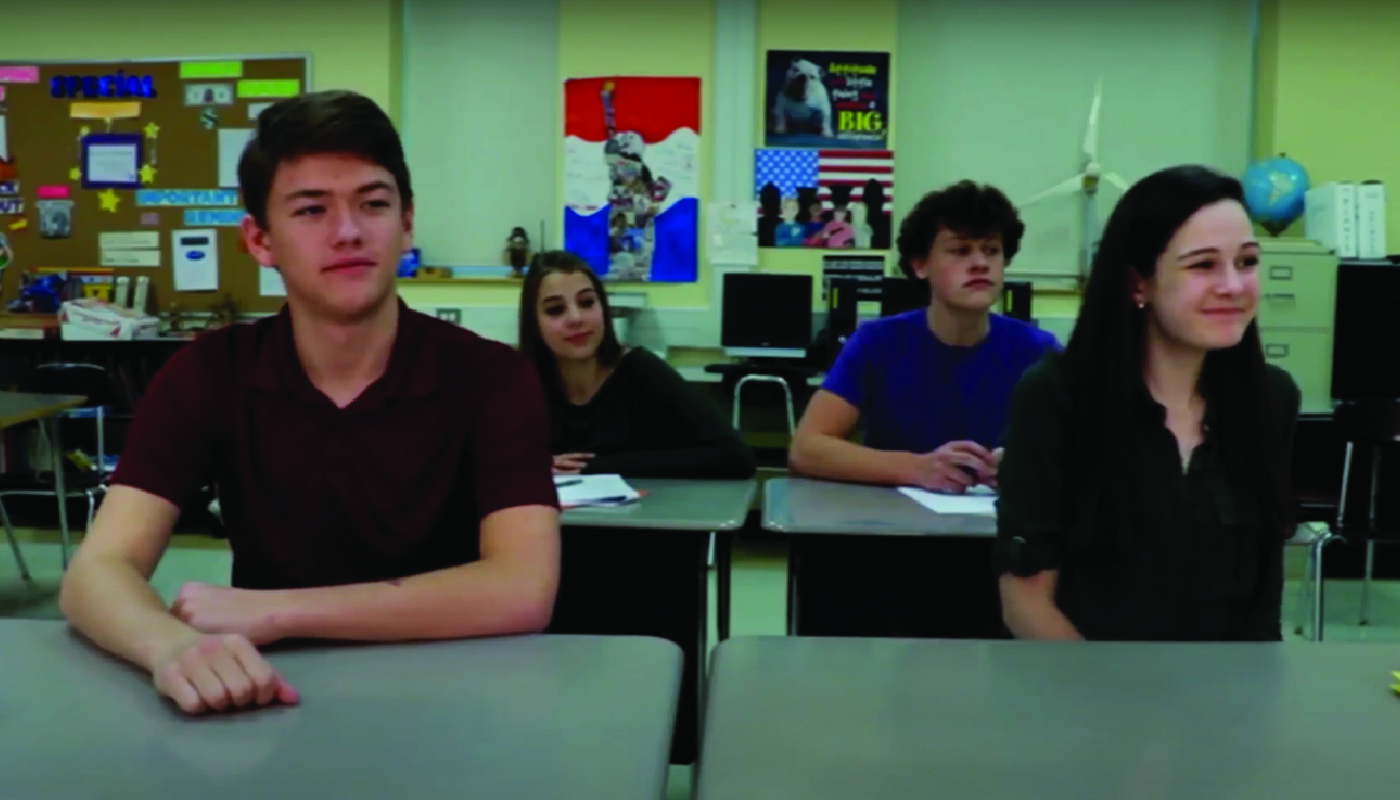
Self-control is a vital skill for students in special education to develop. It enables them to manage their emotions, thoughts, and actions, leading to improved social interactions and academic success. In this blog post, we will discuss the importance of self-control, provide a no-prep activity for educators, discuss questions to stimulate further conversation, and explore related skills that could benefit students in special education.
Introduction
Self-control is the ability to regulate one’s emotions, thoughts, and behaviors in the face of challenges or temptations. It is an essential component of Social-Emotional Learning (SEL) and plays a significant role in helping students succeed in school and life. For students in special education, self-control can be particularly important, as they may face unique challenges that require them to regulate their emotions and actions more frequently. Developing self-control can help students become more focused, thoughtful, and responsible, leading to improved social interactions and academic performance.
No-Prep Activity
Here’s a simple activity that requires no preparation or materials from the educator:
The “Freeze and Unfreeze” Game:
- Have students stand in an open space or circle.
- Instruct the students to walk around the area, making sure they maintain a safe distance from each other.
- When the educator says “Freeze,” students must stop moving immediately and remain still.
- When the educator says “Unfreeze,” students can resume walking around.
- Repeat the process several times, varying the length of time between “Freeze” and “Unfreeze” commands.
This activity helps students practice self-control by requiring them to listen carefully to the educator’s instructions and regulate their movements accordingly. It can also be adapted to include other actions, such as clapping or jumping, to increase the level of challenge.
Discussion Questions
These questions can help stimulate further conversation about self-control and its importance for students in special education:
- Why is self-control important for success in school and life?
- Can you think of a situation where you had to use self-control? How did it help you?
- What strategies can you use to improve your self-control in challenging situations?
- How can practicing self-control help you in your relationships with others?
- What are some challenges that students in special education might face that require self-control?
Related Skills
Developing self-control can also help students improve other related skills, such as:
- Impulse control: The ability to resist the urge to engage in impulsive behaviors or make hasty decisions.
- Emotion regulation: The ability to manage and express emotions in a healthy and appropriate manner.
- Focus and attention: The ability to concentrate on a task or activity for an extended period of time.
- Conflict resolution: The ability to effectively address and resolve disagreements or conflicts with others.
Next Steps
Developing self-control is an ongoing process that requires consistent practice and reinforcement. To help your students continue to build this essential skill, consider incorporating more activities and discussions that promote self-control into your curriculum. To access free sample materials on self-control and other related skills, sign up at Everyday Speech’s Sample Materials.

